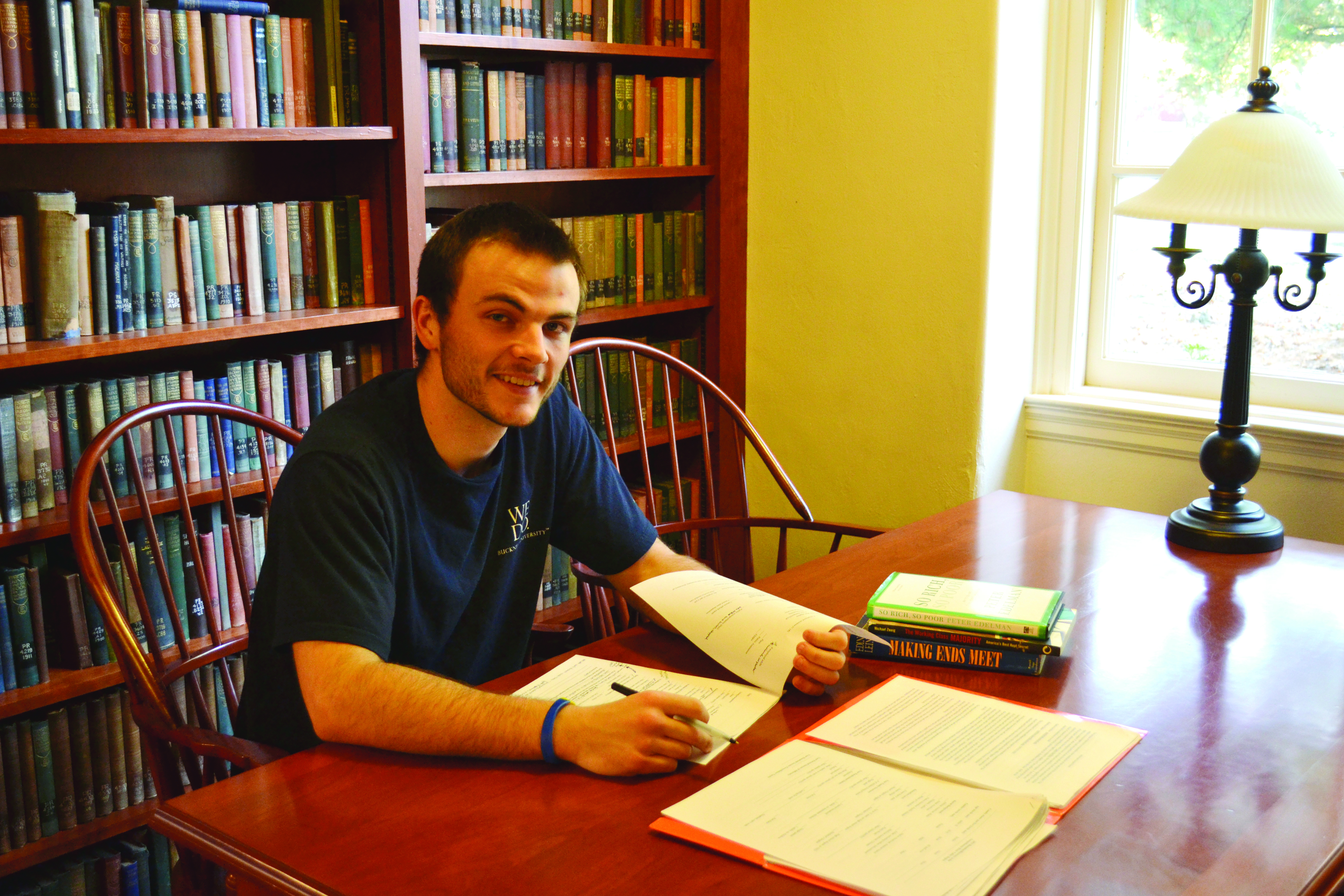Alexandra Rosen
Contributing Writer
The Interfaith Council sponsored a discussion on Oct. 9 that involved issues about religious apathy. The talk, called “Why am I None,” was open to members of all religious denominations and encouraged participants to voice their opinions about what several members of the council consider to be a trend toward students not identifying with a particular religion.
University Chaplain John Colatch led the conversation. Colatch said that 27 percent of college students are apathetic toward religion. Many people today don’t need religion to encourage them to do good works, and Colatch allowed part of the discussion to build from that prompt.
“It seems that the numbers are rising with each passing year,” Colatch said. “It’s not really news.”
Colatch also said that conversations about religion have become taboo.
“Teaching in the classroom has changed,” Colatch said. “Students feel uncomfortable with the religious aspect of colonialism.”
People are hesitant to bring up the subject of religion today, even during a mature discussion, Colatch said.
Colatch created the Interfaith Council during his first year at the University as a group for multiple religious traditions to converse. The council includes representatives from many of the religious affiliations found on campus, Courtney Nelson ’15, a member of the council, said.
“I hope we can have other conversations like this,” Colatch said.
